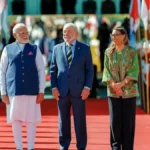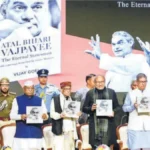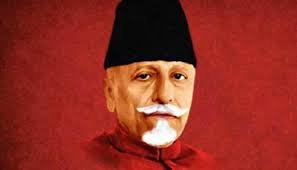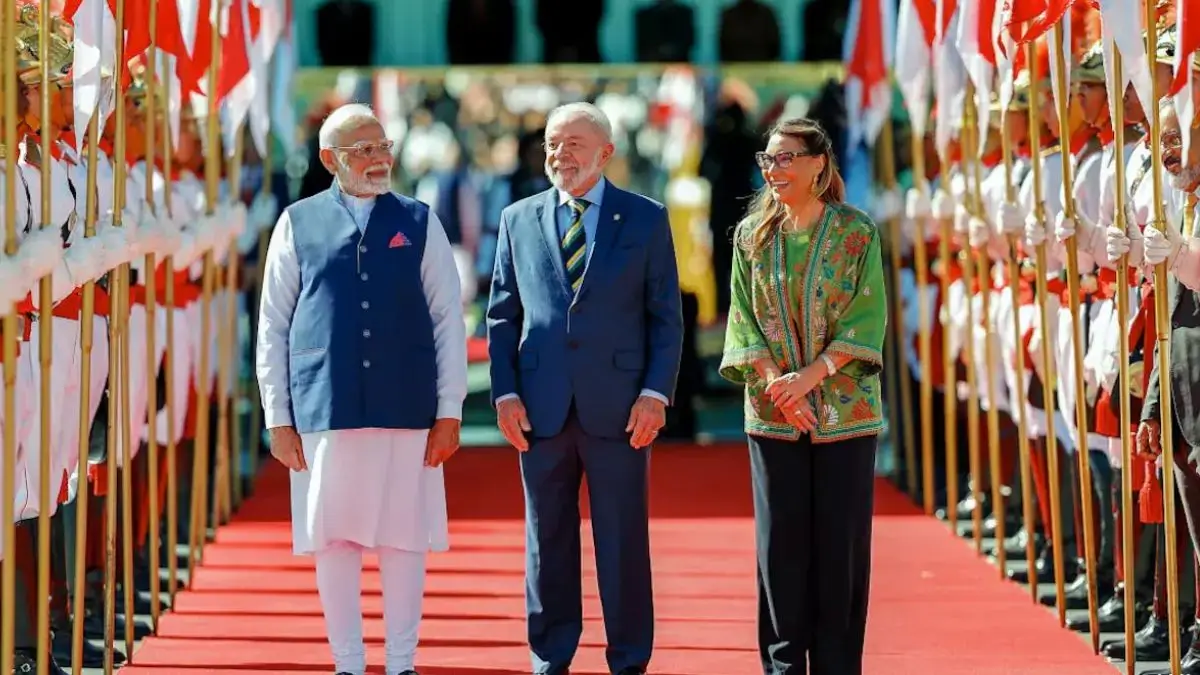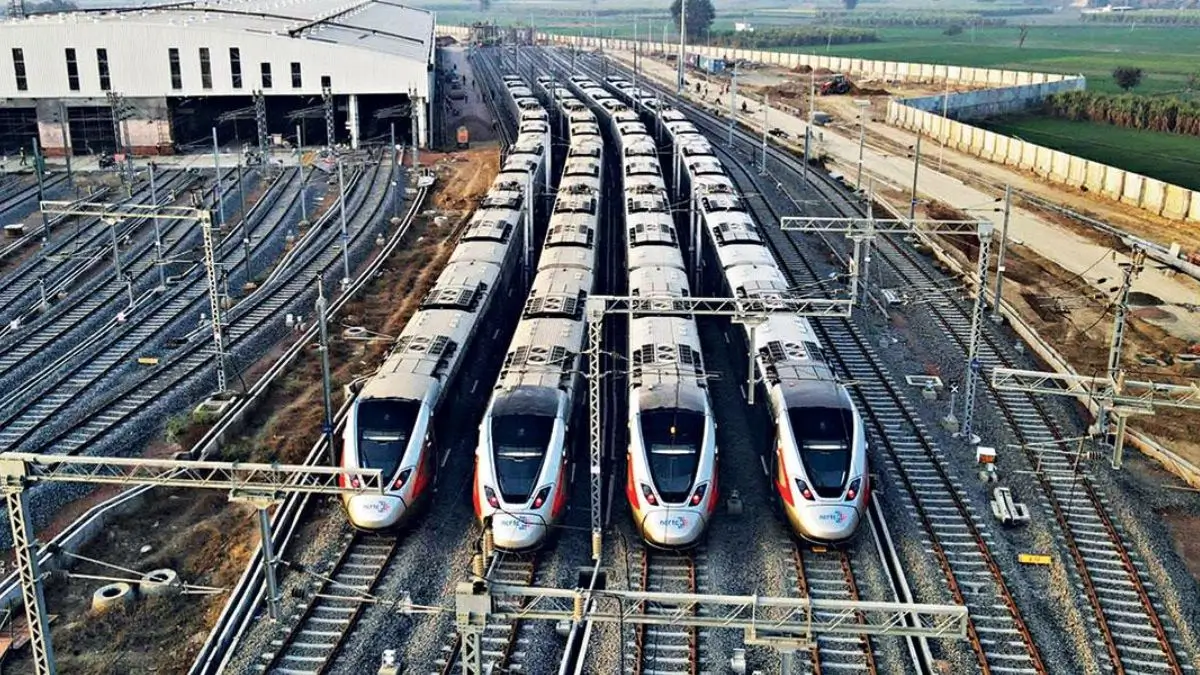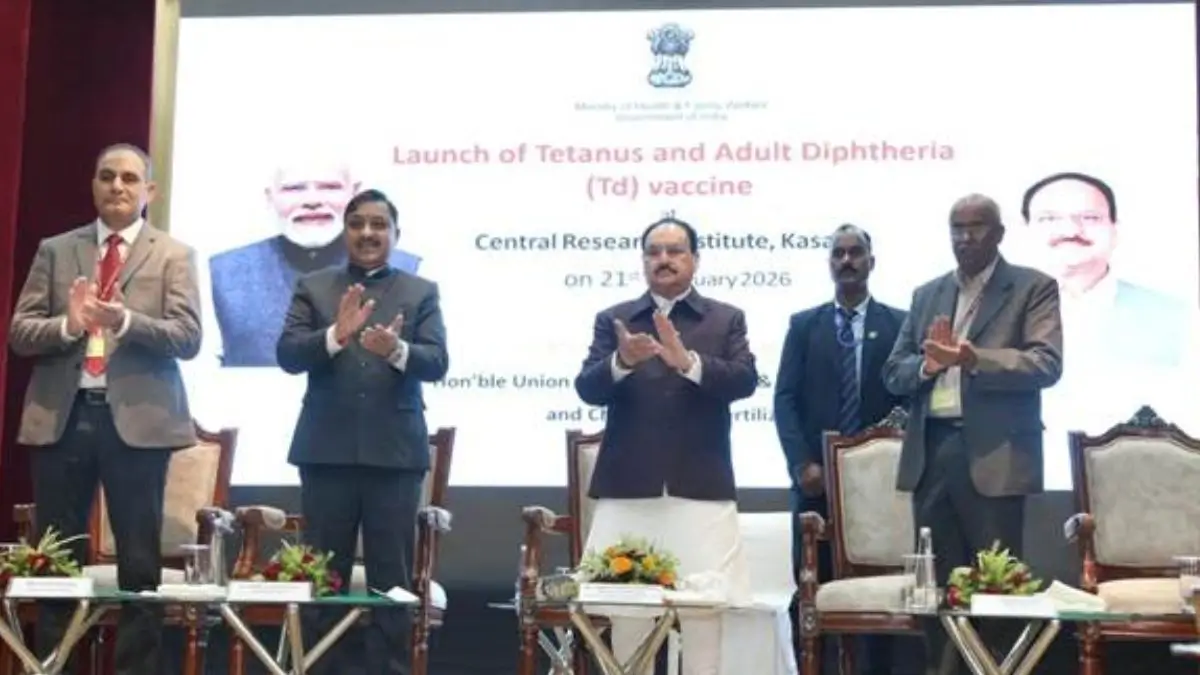“The First Education Minister of India – A Glimpse into India’s Educational History”
The history of education in India is rich and diverse, with various individuals playing pivotal roles in shaping its course. One such prominent figure in India’s educational history is Maulana Abul Kalam Azad, who served as the first Education Minister of independent India. This article delves into the significance of this historical figure and his contributions to the education system of the country.
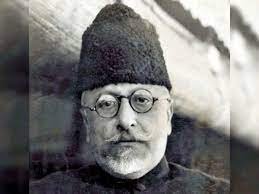
Why this News is important:
Maulana Abul Kalam Azad – A Visionary Leader Maulana Abul Kalam Azad was not just the first Education Minister of India; he was a visionary leader who recognized the importance of education in nation-building. His appointment to this critical role was a testament to his dedication to the cause of education.
Promotion of a Unified Educational System Maulana Azad’s tenure saw the initiation of efforts to create a unified and inclusive educational system. He played a crucial role in laying the foundation for a national educational framework that aimed to provide equal opportunities to all, irrespective of their background.
Historical Context:
Maulana Abul Kalam Azad, born on November 11, 1888, was a prominent freedom fighter, scholar, and a key figure in the Indian National Congress. His contributions to the Indian freedom struggle are well-documented, but his role as the first Education Minister is equally significant.
Azad’s vision for education was deeply rooted in the idea that education should be the vehicle of social and economic change. He aimed to bridge the gaps in education access and quality among different sections of society.
Key Takeaways from “The First Education Minister of India – A Glimpse into India’s Educational History”:
| Serial Number | Key Takeaway |
|---|---|
| 1 | Maulana Abul Kalam Azad was the first Education Minister of independent India, known for his visionary approach to education. |
| 2 | His tenure marked the beginning of efforts to establish a unified and inclusive education system in the country. |
| 3 | Maulana Azad emphasized the importance of cultural and scientific development alongside traditional education. |
| 4 | His contributions to the Indian freedom struggle and education continue to be celebrated as a crucial part of the nation’s history. |
| 5 | Maulana Azad’s legacy is a reminder of the enduring importance of education as a tool for national progress and transformation. |
Important FAQs for Students from this News
Q1: Who was the first Education Minister of India?
A1: The first Education Minister of India was Maulana Abul Kalam Azad.
Q2: What were Maulana Azad’s significant contributions to the education system of India?
A2: Maulana Azad played a crucial role in laying the foundation for a unified and inclusive education system in India. He also emphasized cultural and scientific development alongside traditional education.
Q3: Why is Maulana Abul Kalam Azad’s role as the Education Minister important for government exam aspirants?
A3: Maulana Azad’s contributions and vision for education are essential knowledge for aspirants of various government exams, as they reflect the nation’s educational history and the principles of inclusivity.
Q4: What was the historical context surrounding Maulana Azad’s appointment as Education Minister?
A4: Maulana Azad was not only a freedom fighter but also a scholar who believed in the transformative power of education. His appointment as the Education Minister was a testament to his dedication to this cause.
Q5: How do Maulana Azad’s contributions continue to influence the education system in India today?
A5: Maulana Azad’s legacy continues to inspire educators and policymakers, as his vision for a robust and inclusive education system remains a critical part of the nation’s educational framework.
Some Important Current Affairs Links



